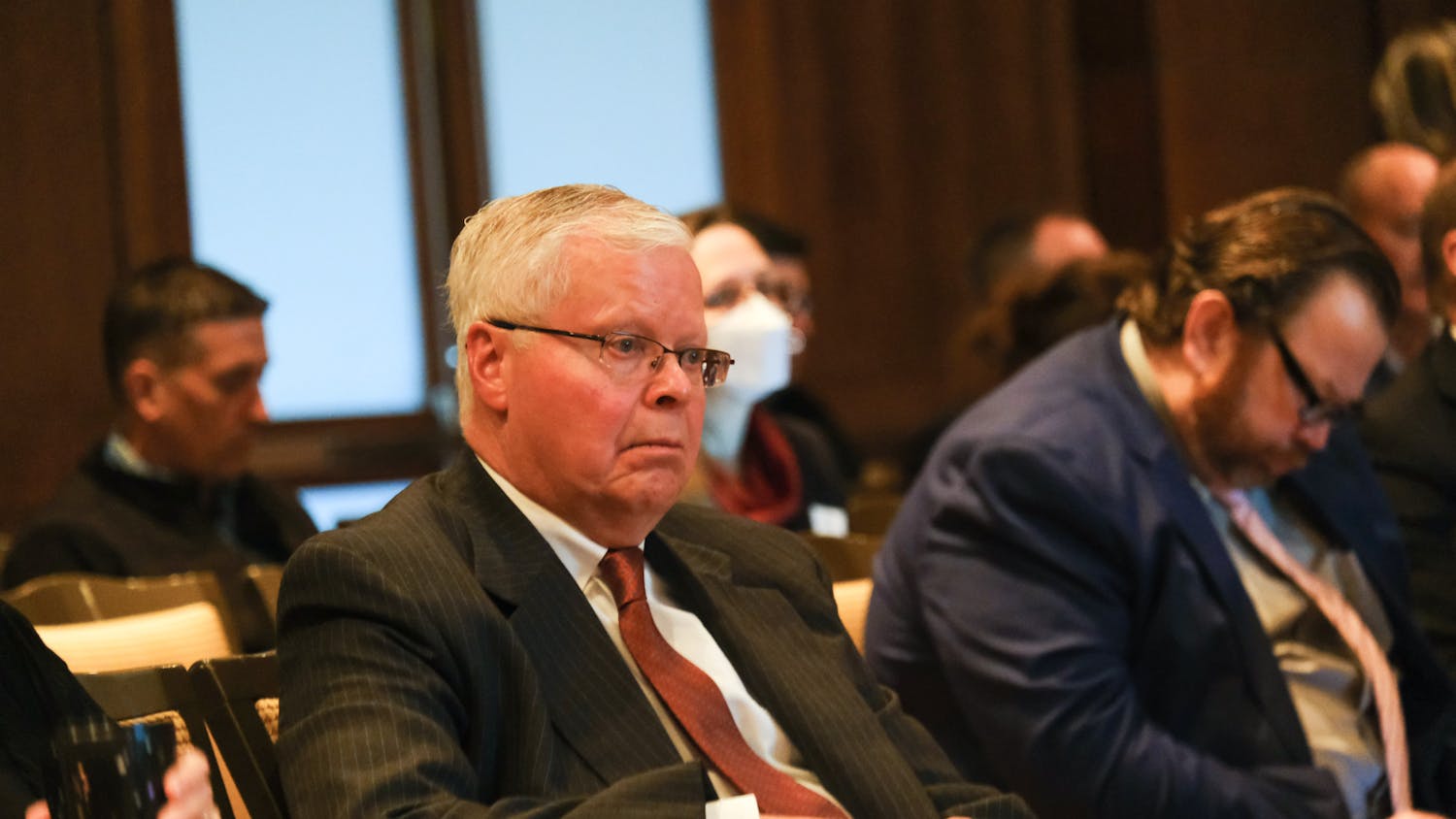Maria Estevez, a UW-Madison senior majoring in biomedical engineering, has been a research assistant in one of the Wisconsin Institutes for Discovery’s BIONATES labs for the last three years, working to advance stem cell use and regenerative medicine through innovations in engineering.
Estevez works on re-engineering human embryonic stem cells to function as brain cells. These new cells are then used to model and study diseases that affect the human brain.
More notable than Estevez’s unique experience in such a rising field, however, is her position as a woman in research.
Having been a teacher’s assistant in an introductory engineering lecture, Estevez has seen some of the patterns in class demographics first-hand.
“A lot of girls start coming into the intro to engineering classes, but you go through the years and, class by class, there are less of them,” Estevez said.
These concerns aside, Estevez acknowledged that efforts by the College of Engineering and the WID to attract more girls to science, technology, engineering and mathematics fields have been effective.
As an example, she pointed to private tutoring offered by the College of Engineering specifically for female and minority students enrolled in STEM classes, which she considers one of the most useful opportunities available to historically underrepresented students in these fields.
She added that all students have the same faculties, but lack of support, encouragement and the presence of psychological barriers can often affect different people in different ways. Therefore, she said this kind of tutoring has the potential to be incredibly helpful in closing the achievement gap and increasing retention rates.
Perhaps the biggest hurdle facing women, Estevez contended, is balancing priorities. Sometime in their lives women must make decisions about family and choices about their roles at home, she said.
Perhaps considering her own varied interests, such as a mission trip she hopes to take in the future, Estevez said it is important for women to find meaningful work they are passionate about.
“I think it’s easy to define ourselves by our careers,” she said. “I’m just a biologist, or he’s just an engineer. But we are so much more than just our careers.”






